“Simply irresistible brands”
What makes a brand irresistible? Let’s start with a common understanding by asking a simple question: What is a brand?
Branding is most typically associated with marketing elements like names, trademarks and logos. But, a brand is actually defined by a combination of factors. Like an iceberg, only a small piece breaks the surface. Signs and symbols are indeed only part of the definition.
Let’s start with perhaps the most recognizable definition of a brand:
“Simply put, a brand is a promise…
it delivers a pledge of satisfaction and quality.”
Here is an excellent definition from Fred Burt, Managing Director at Siegel+Gale, London, who provided his definition in a recent interview on brands that appeared in Blue Focus Marketing’s blog:
“A brand is a reason to choose.”
Fred Burt, Siegel+Gale
Here is my favorite definition:
“A brand is the sum total of the entire customer experience.
A collection of perceptions in the mind of the consumer.”
— Mark Burgess, Blue Focus Marketing
Emotional Capital
Every brand carries some level of emotional capital based on how the consumer feels about the brand experience. Whether these levels are high or low depends on factors such as brand image, personality, energy and ability to satisfy their needs.
Brand Challenge
Today, the challenge for brands is to manage the entire spectrum of marketing elements across all consumer touch points to positively impact the target audience. Not an easy task. For example, what is the impact when your favorite laptop experiences an issue and you call tech support. You may get one of these outcomes: a) no answer, b) answers but transfers you 2 or 3 times, c) hangs up or d) just cannot fix the issue. Let’s say these issues persist the next 2 to 3 times you call. How do you feel about your favorite brand now?
Interbrand’s Best Global Brands – 2010 Rankings
Interbrand’s list of the Best Global Brands shows that 9 out of the top 10 are U.S.-based including Coca-Cola, IBM and Microsoft. Google, an innovative and aggressive brand, worked hard to move up from #7 to #4, having moved far beyond its search engine roots.
Building on a great year, Apple improved its ranking from #20 to #17. It is hard to think of another brand with the power and sheer “coolness” of Apple. Yet, it is puzzling why Apple isn’t higher on the list. Would you wait overnight, outside for the privilege of buying any “other” brand’s products?
Resurrection of the Apple Brand
Back in 1997, Apple needed to address some simple yet very significant questions such as: who are we, what do we stand for and where do we fit in this world? The answers to these questions led to the famous “Think Different” ad campaign. Apple basically used this campaign as air cover to go out and change the world. Did they succeed? Just ask Microsoft.
Leading brands earn their reputation by engaging customers. Branding is all about creating a meaningful point-of-difference. But, standing out in today’s cluttered environment demands more than having a difference. It demands finding a way to cut through and deliver a unique benefit that makes your competition’s message irrelevant. How many brands can you think of that do this?
Verizon Wireless – Point-of-Difference is in their DNA
When you think about powerful brands that are built on a singular positioning that is not only meaningful but relevant to its target (consumer or B2B) you can’t help but think about Verizon Wireless. While their arch nemesis, AT&T, flaunted the iPhone, the folks at Verizon Wireless dug in and created a partnership with Google. Now, the iPhone has come to Verizon and the game will change again. The reason Verizon may ultimately take significant market share from AT&T isn’t because it is now able to sell the iPhone, but because the brand is perceived as being the best wireless network. However, even the best brand can still fail if it does not realize that brand choices are based on the entire package the consumer buys. The Verizon brand is much more than the physical cell phone you purchase or even their network. It represents the sum total of many components. Let’s look at a few:
• Network: the quality, breath and speed that carries and completes calls + the LTE 4G network
• Devices: sell not only the latest phones but now the iPhone
• Tech support: e.g., outstanding BlackBerry data and voice support
• Calling plans: meeting users needs for voice and data services
• Product packaging and instructions: easy to understand and use
• Warranty: again, easy to understand
• Customer Service: response time and quality of support
• Clarity and accuracy of the bill
• Performance of add-on services: e.g., the VZ Navigator GPS
Let’s talk for a minute about the importance of add-on services. Driving through Queens, east of NYC early last year, I was lost when my GPS connection died. No maps and out of luck, I phoned Verizon tech support. The only short term solution to get back to New Jersey, was for the rep (David) to provide turn-by-turn instructions to the Manhattan Bridge and a sure path to Jersey. Not only did he save the day but he credited my Verizon account for $9.99 (one month of VZ Navigator service). When a brand goes out of its way to help customers, it is rewarded with more than continuous service. The loyal customer reaches that magical stage called advocacy. In this case, David’s name soared throughout the Twitterverse with this customer’s praise. On that day, Verizon Wireless, was a simply irresistible brand.


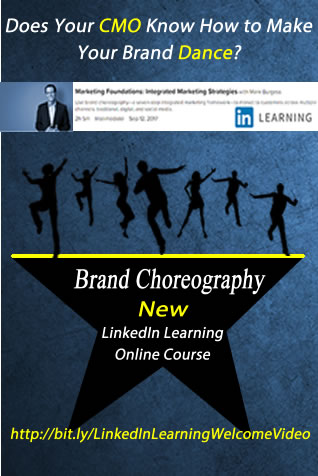
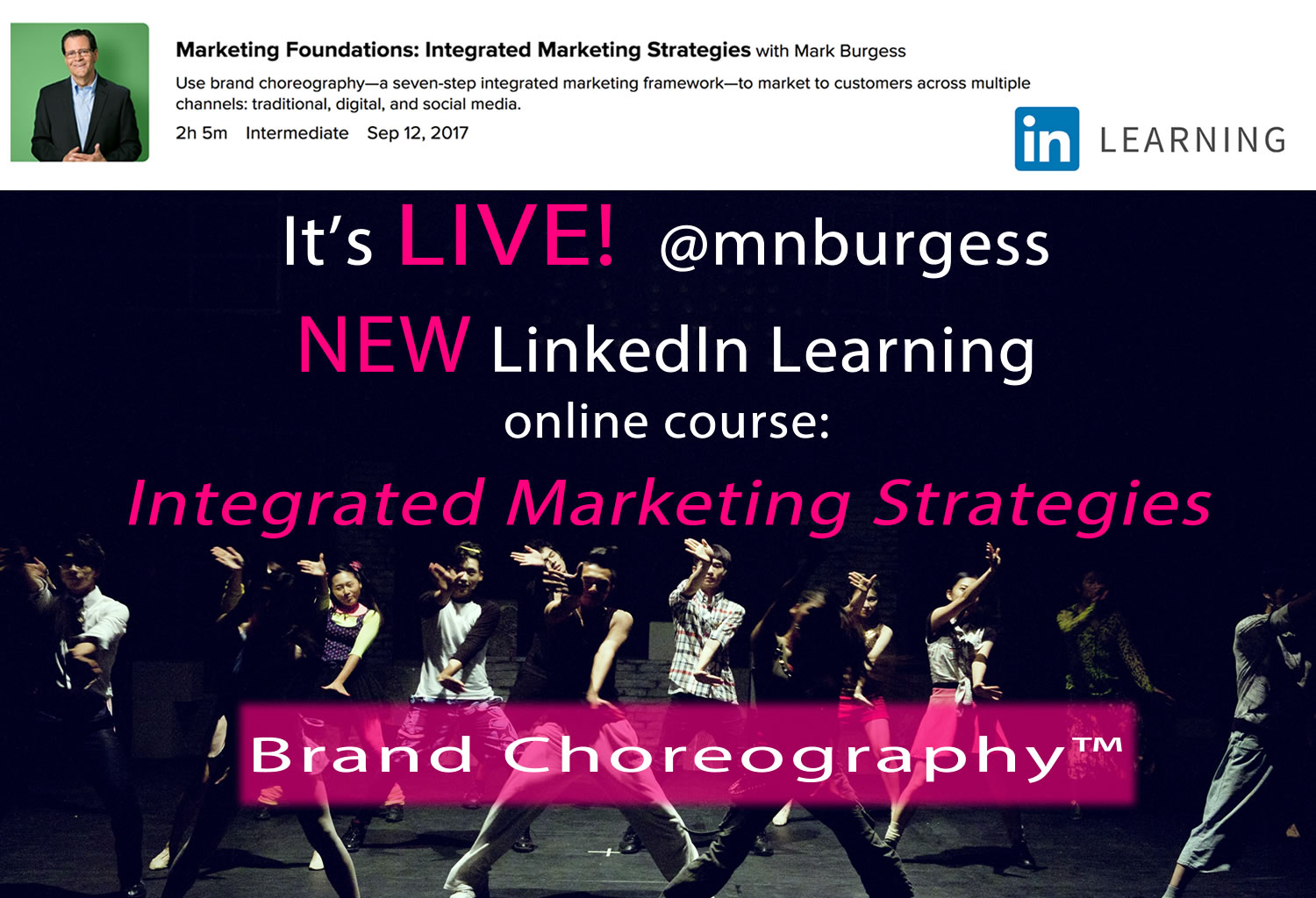
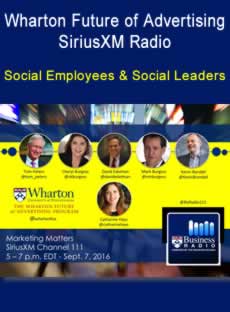

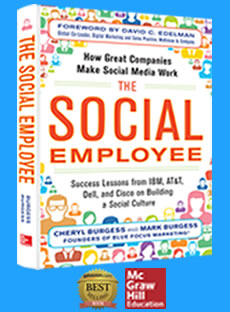

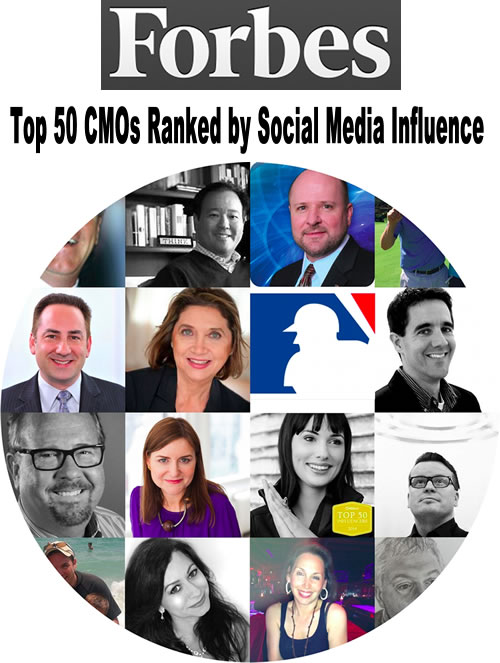
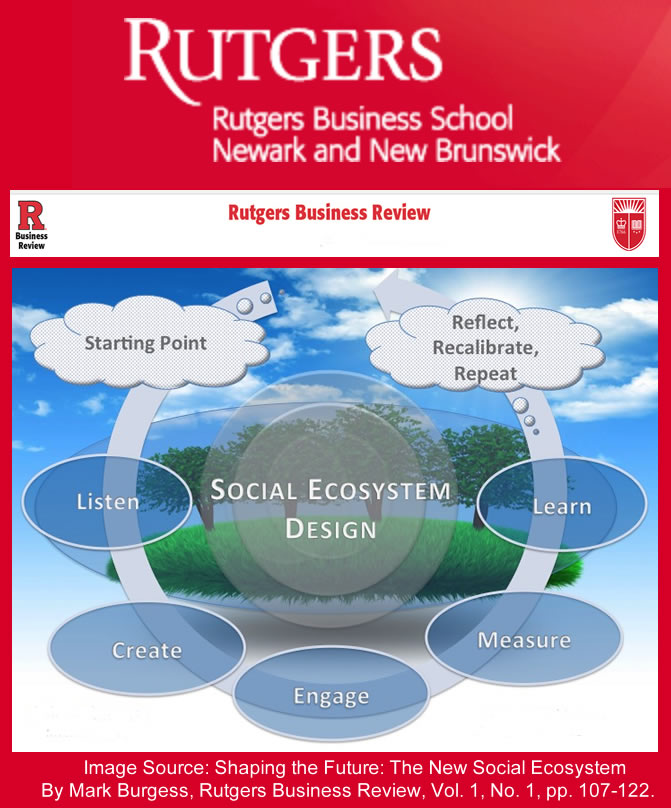
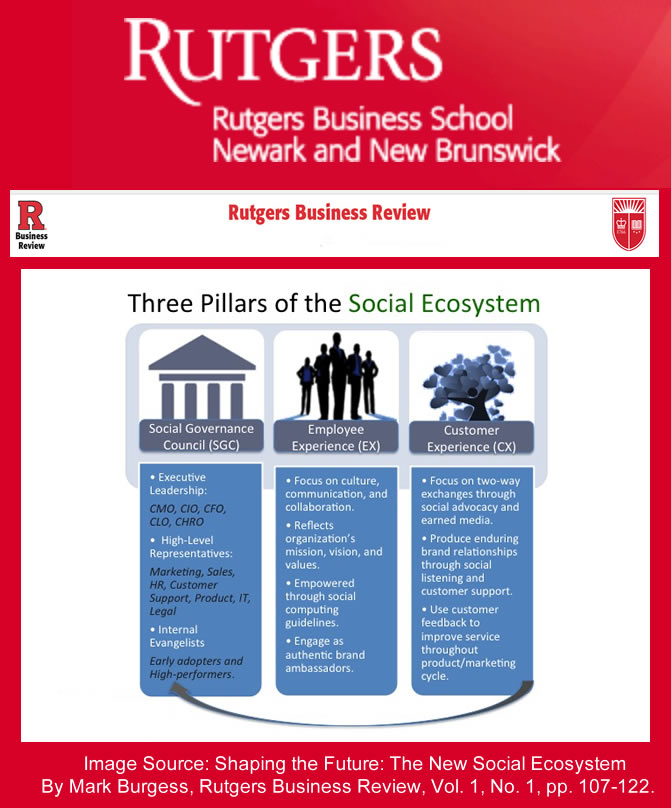
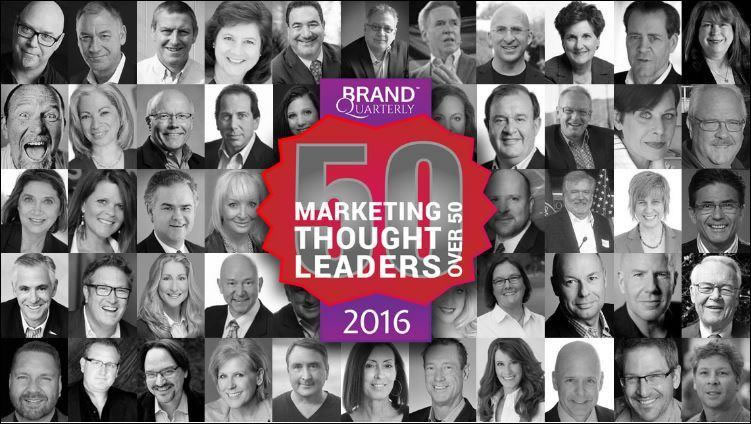
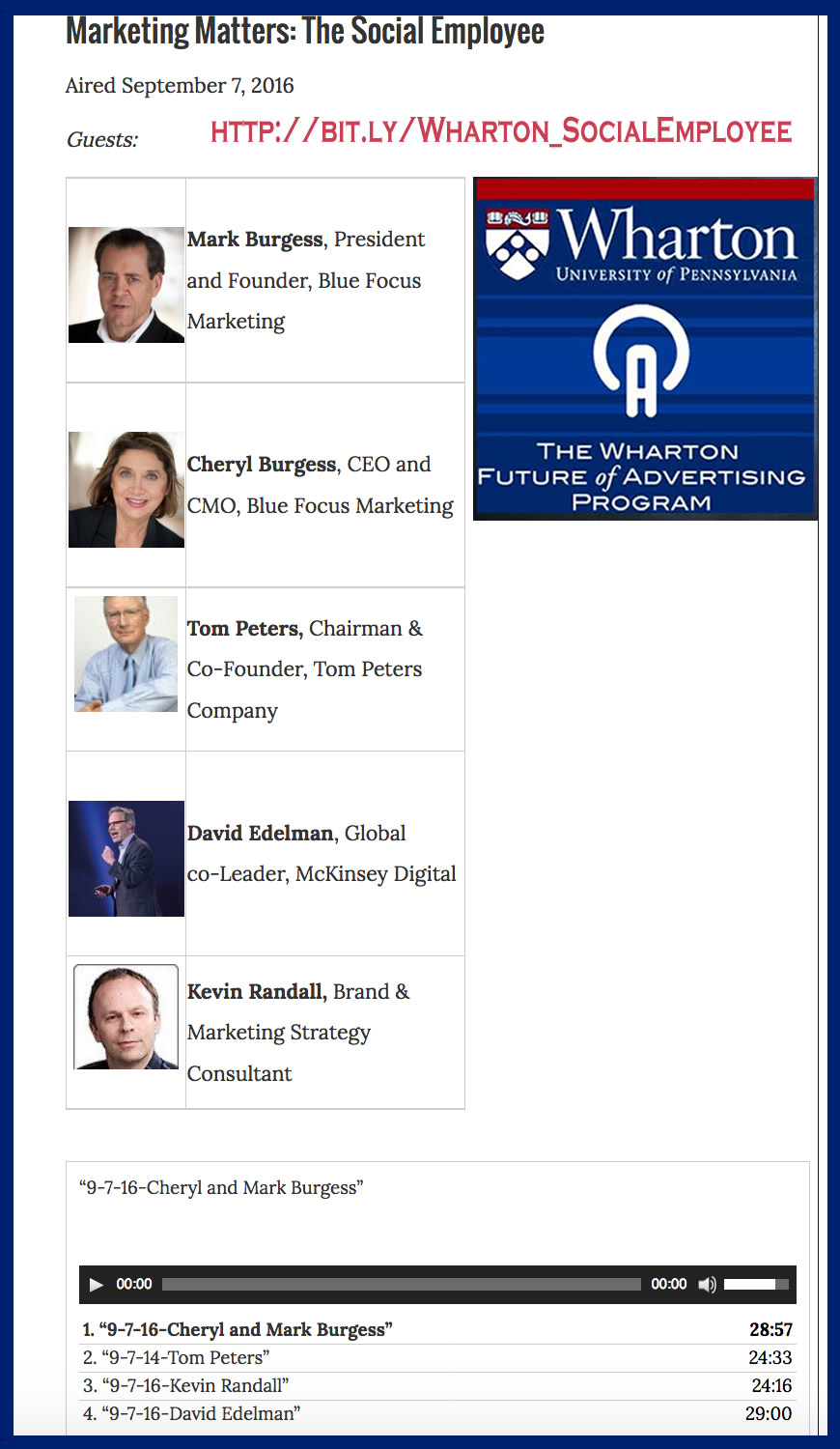


Very well written. I had a similarly amazing experience with UPS and Zazzle last year. I don’t think I could have raved enough about them and they have an advocate for life. It’s about the experience.
http://ow.ly/3VT4h
Kristen,
Thanks for your great comments. Yes, we always tend to remember the good (and the bad) experiences.
Cheryl
Great post Cheryl, and examples. I am struck by the WOW quality of the Verizon customer service experience in your example, but more importantly by the fact I was completely unaware they were so god. Contrary to a Zappos.com who have managed to become famous (synonymous really) with outstanding customer service, I feel Verizon’s image is much less focused, and builds off of many component – too many for me to remember to be honest.
Begs the question: what do you want your brand to become famous for?
Tom
@tommoradpour
(review of Zappos’s CEO Book ‘Delivering Happiness’ here, if you want to learn about how he created his customer-service-centered brand: http://moradpour.com/2011/02/11/book-review-delivering-happiness/)
Hi Tom,
Great comments!
My example of the great customer service experience highlights that this is just one piece of their value proposition (that in this case worked very well).
To your question, I would say that Verizon Wireless is most famous for their network quality….which is highlighted in the 30 commercial in the blog.
Cheryl
Cheryl,
I happened to come back to this article and this exchange caught my eye. It highlights why branding really is a more subtle and strategic act than sometimes understood. I completely agree with you that Verizon is currently a network quality-focused brand. And with the availability of iPhone (moving from ATT, a brand known particularly for poor quality, whether really true or not), that brand is helpful…today and probably for multiple quarters. Yet this means Verizon is still wedded to a technology-oriented brand. And THAT takes their brand destiny out of their hands.
This reminds me of U.S. Robotics back in the day of dial up. They pushed the heck out of telling people their modems could get to 54Kb when most others were at 28.8. When 54 turned into 540 and to 5,400 and beyond, that identity no longer worked. A universal brand of “fast” might have been possible, but it is ambitious and every competitor has a dog in the fight to prove you wrong. And if you miss a single technology cycle, it’s all over. It’s analogous to running a price promotion that helps you nail the quarter, but kills the fiscal year–just on a slower scale.
Asking marketers to see the future and know when a short-term win in branding will stumble in the future is hard. But I still have to admit that’s the difference between a strong amateur and a stellar pro.
Thanks for the thought-provoking tale.
Ken
Ken Rosen
Performance Works
http://www.PerTalks.com
Ken,
Thanks for an excellent response!
I agree on the technology-orientation of the Verizon brand. My view is that right now, the news for Verizon is that it can finally sell the blockbuster iPhone. Since VZW is well known for having the best wireless network, they can impact both existing VZW customers who have waited to buy the iPhone and switching AT&T users who are unhappy with their network. I also think the race to faster and more capable networks is what the next few years will be about. Carriers who are best positioned in this space will win market share.
But, it is important to focus on other components of the value proposition (beyond technology) that help to humanize the brand. The customer service rep example stands out in my mind as a reason to choose Verizon.
The opportunity for brands to touch and communicate with customers on a personal level is powerful and goes beyond speeds and feeds.
Cheryl
gr8 post Cheryl. yes, when brand goes out of its way to help that tells you a lot about the company’s culture. one example is zappos who’s customer rep employee spent a record 7 1/2 hours on the phone with the customer.
epirot ludvik nekaj
founder Ludvik + Partners
Hi Epi,
Thanks for your great reply!
The example of the Verizon Wireless rep helping me at my moment of distress (lost in Queens) is one I will not soon forget. To me, it reinforces the point that a brand can be impacted by a host of positive or negatives experiences — all part of the brand experience.
Cheryl
Great post Cheryl!
It is really easy for Brands to complicate things for themselves in a negative way. If they make a great consistent product (even if there are similar competitors), at the right price point, and give great customer service you have a head start.
To Tom’s question how many brands have no idea what they are famous for?
Howie,
Thanks for your comments on today’s new post.
I think that brands need to perform well across multiple points on the brand experience continuum. In this example, Verizon Wireless nails it from a network quality perspective but the brand experience also includes much more and this customer service example stood out for me.
Always appreciate comments from you and Thomas Moradpour.
Happy Valentine’s Day!
Cheryl
Nicely done Cheryl! I would add only this. Most of the time the emotional capital cannot be created just by marketing programs. It’s got to be rooted in product or service value. Does this company do anything special for me? Your Verizon experience demonstrates the point quite nicely. Companies that deliver the value can then use marketing to make people aware of it. But the value has to be there, otherwise the emotional connection will never take.
Hi Steve,
Thanks for your comments and agree 100% that emotional capital needs to come from more than marketing programs.
If the value is inherent in the brand, marketing efforts can communicate appropriately. If the value isn’t there, then marcom is just fluff.
Cheryl
Cheryl –
Great post. I think it’s unfortunate that many people who talk about branding neglect to mention Apple. Every product it takes to market is an extension of the original product, not necessarily in what it does, but in how the customer perceives it. The proof is in the competitor’s 1984 rip-off during the Super Bowl, which was a really bad attempt to market itself in a “me too” kind of way. Completely the opposite of what the original accomplished.
Joel, copywriter
http://poweryourmarketing.com
Joel,
Thanks for your comments.
I think Apple is an amazing brand that understands customer needs and wins through product innovation.
Cheryl
Great article. The brand it seems is all about reputation, then…and the internet now allows us a chance to judge what this reputation means.
I would have to make the comment, in reponse to Kristen Daukas’ comments that her own experience at the hands of UPS are balanced by my own, some years ago, in attempting to resolve a compensation issue for goods damaged on import, and air freighted by UPS (I live in the UK, and imported from the USA) . It’s about the experience, of course, but my experience was radically different from hers. Goods totally destroyed, and no credible customer service channels for compensation. Never again! At the time, if I’d had the talent of Dave Carroll (United Breaks Guitars), I might at least have walked away losing several thousand dollars, but smiling.
Tony,
Thanks for your reply.
The interesting thing about brands is that experiences can vary — from one customer to another. It is up to the brand to make sure the experience is consistent.
Cheryl
Great post, Cheryl!
Brand is definitely a hard term to define. It’s like “love.” You think, “Oh, well of course I know what that is!” But then you try to explain it to someone and it becomes a big tongue-tied mess!
That being said, your post does an excellent job of not really trying to pin down “brand” to one word or phrase, but rather by making your readers *feel* what brand is. That’s a great lesson for marketers!
Marjorie,
Thanks for your reply!
Great example in the term “love”. That’s why I served up 3 definitions. A brand is hard to define but we know for sure a brand isn’t just a name, logo, or trademark. A brand can tip high on the emotional capital side or low, depending on the last interaction.
Happy Valentine’s Day!
Cheryl
Great post Cheryl, and very ambitious. I’ve yet to get three marketers in a room who could agree on what a brand is. From an operational standpoint it begs the question: If the team responsible for developing a brand can’t agree on what a brand is, what’s the likelihood that they are doing it very well?
One of my favorite posts on the topic was written by Christopher Kenton (http://buswk.co/4fNKh). He makes the distinction between a brand and brand derivatives. I’ve found this distinction very useful working with global brand teams.
Looking forward to more posts – Sean
Hi Sean,
Thanks for your comments and compliments on my post.
Great point about the importance of starting with a common definition to bring clarity to the process. Managing the total brand experience across multiple attributes — and satisfying customer’ needs — is the true challenge.
Always appreciate hearing from you, Sean. I’ll check out Christopher Kenton’s post.
Thanks!
Cheryl
Cheryl – I love how you drew “brand” out to encompass every bit of communication a customer/user has with a product or service. Philip Kotler from Kellogg School of Management said that marketing is brand-building, and that the lack of brand equals commodity-selling. If anyone is going to charge a premium price, they have to make buyers feel something different than the lowest-priced competitor. Great take on Verizon’s point of difference being the very backbone of the company – also, a strong example of how brands get traction via their value chain.
Rohan,
Thanks for your comments and glad you like the post.
I would agree that a brand is multi-faceted and does encompass “every bit of communication” and more. Marketers are challenged to deliver in many areas or the brand promise falls short.
Cheryl
The language of branding has changed in line with technological change. At the heart of it is the customer experience. Todays successful brands demonstrate a virtuous circle of authentic experience at every touch point. The web and social media are creating the pressure and political and technological change has created the opportunity for customers to interact and advocate in a simple way that has massive implications for all brands. Now you have to make sure your brand is on point that you have covered all the bases but most importantly your brand has to have a heart and social conscience. Companies who ignore this reality will not last. Apple used to be a case study for failure. It was all about how Microsoft built a company on the back of Steve Jobs. Now the tables have turned and Apple are at the forefront of innovation and consumer driven focus. Recently their was a rash of articles about brands being dead. The truth is the brand will never die but the concepts and tools we use to build brands have to evolve and be truly focused on customers and their needs. Social Media is a perfect example of the how the power is shifting to a truly customer centric approach. When your brand can be destroyed in a viral instant. You need to make sure you build brands that are resilient and insulated. The only way you can do this is with products and services that consumers love and value not just for their utility but also because they build authentic value for consumers and society.
Hi Kenny!
Thanks for a very rich and detailed response!
In our social media-centric world, indeed the power has shifted to consumers. Brands that have a “heart and social conscience” will succeed in their respective categories. Absent this approach, many brands that lose touch are destined to fail.
A recent Harris Poll on brand equity among young adults found that the Apple brand is strong in the 12-17 year old category and even stronger with 18-24 year old. This bodes well for Apple in years to come in pursuit of customer lifetime value.
Thanks!
Cheryl
Love the notion that a brand is simply the experience that you have with it. Consistently across channels and across time. If the experiences are good, then it is a good brand and we incorporate it into our lives, potentially forever, for as long as the experiences are good. Without a great experience, you have no brand. Just a product. Jim.
Hi Jim!
Thanks for your comments.
Indeed, the brand = the sum of the total experience. Marketers have a lot of pressure to perform.
The brand can out perform (or under perform) based on the user’s most recent experience. For example, if your smart phone network continually drops calls, it has a negative impact on your brand relationship and if the issue continues, the user my seek alternatives even though they feel positive about the brand overall.
Great engaging with you on Twitter today!
Cheryl
It is most important to present oneself in as many ways as possible in order to build a profile that people can trust. Your brand is how peoples think of you. Tom Peters says that “a brand is a trust mark, it’s shorthand, it’s a sorting device.” You have share very wonderful information related to branding and which are the very much basic of brand development.